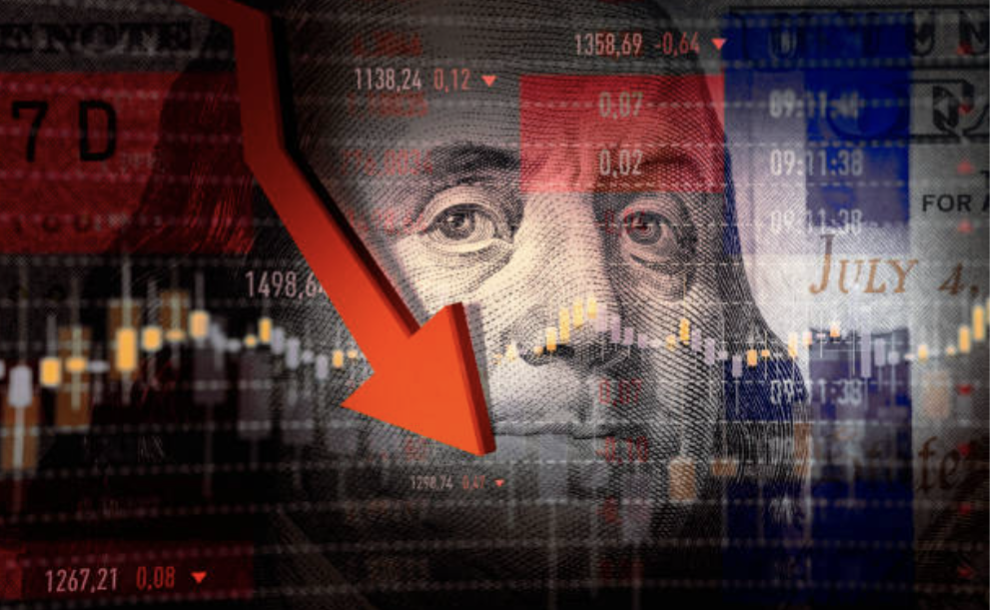A study on US recessions over the past 50 odd years by Nirmal Bang suggests that recessions caused by the Federal Reserve are not uncommon. A saving grace is that recessions caused are generally shallow and short-lived, lasting 1-3 quarters with an average decline in GDP well under 1 per cent.
India is not immune to recessions and domestic growth has slowed by 1.5-2.5 per cent even in normal Fed-led recessions. Assuming a mild US recession and GDP growth of 7.5 per cent in FY23, Nirmal Bang believes that GDP growth could slow to 6 per cent in FY24 (revised down from 7 per cent earlier. Stable domestic fundamentals in terms of the strong financial sector and non-financial sector balance sheets, high forex reserve and some amount of counter-cyclical fiscal policy ahead of elections in FY24 will limit the growth slowdown to 1.5 per cent.
Recession Impact
The USA's market share in India's merchandise exports declined from 22.8 per cent in FY2000 to 10.1% in FY2011, which has since increased to 18.1 per cent in FY22. The rise of US market share in India’s export basket has obviously increased India’s vulnerability to a US recession. Moreover, other key export markets, particularly Europe, are also likely to face recessionary conditions at the same time.
Historical data cited by the Nirmal Bang report showed that past periods of recession or significant slowdown in growth in the US have been usually counted by rate cuts from the Federal Reserve. The Federal Reserve has been on a rate hike spree since March 2022 to tame the inflation that has jumped to a 40-year high in the USA.
In FY21 and FY22, software exports recorded the fastest growth since FY11. In FY21, the US was the major destination for software exports, accounting for 54.8 per cent share; Europe had 30.1 per cent share, nearly half of which was contributed by the UK. A US recession is bound to have some adverse impact on India’s software exports at the margin. The domestic rate cycle has never moved counter to the US Fed rate action, but episodes of extended pauses are common. Eventual moderation in crude oil prices and a weakening US dollar, which usually accompany a US recession, support domestic macro stability and a return of flows into EMs, including India. In the event of a US recession, Nirmal Bang expects a decline in yields, rupee trading with a marginal depreciation bias against the dollar and muted but positive equity market returns in its base case.
External factors such as the predicted recession in the US would further contribute to the chronic job crisis and exacerbate pre-Covid issues of hunger, poverty and income disparity. The prolonged pandemic has only worsened these conditions. The service sector, which contributes to 50 per cent of India’s GDP, is set to take a massive hit in the form of layoffs and unemployment.
Experts are of the view that the possible recession will be mild and short-lived. The country’s domestic economic factors can insulate India from any major negative impact. Having said that, no matter how insulated India is, it is still going to be caught up in the winds set in motion in the West. Preparing for it in advance is all that matters.
